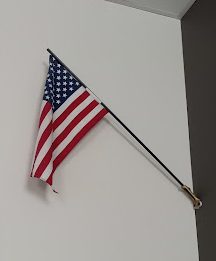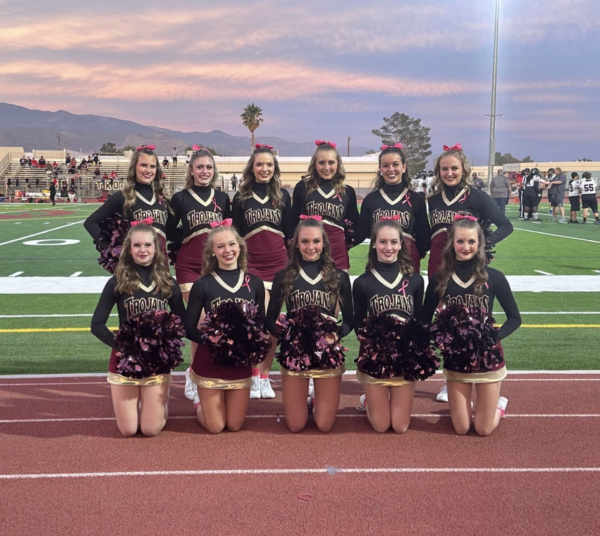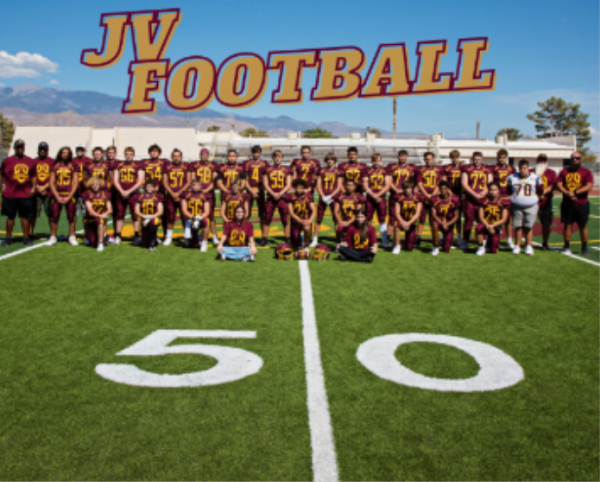The Question of the Flag
Hello and welcome to the back to the corner of conversation street. Today we’re talking about something that we do every morning during the week: the Pledge. Why do we have it, and how has it affected us over time? So take a seat, stay awhile and listen.


The Pledge, it’s something that we have grown up with. Throughout primary and secondary school, we do it every morning but, why is it so important it’s just a few lines of words right? These words go all the way back to 1892 during the civil war; it was taught in schools in the north for “patriotism” by Captain George Thatcher Balch, a Union Army officer. The original Pledge was “ I pledge allegiance to my Flag and the Republic for which it stands, one nation, indivisible, with liberty and justice for all.” It wasn’t until 1945 that congress adopted the idea and made it federal. It’s revised a few more times making it more grammatically correct for the times adding little things like To the Republic and the United States of America. It was not until 1954 that we see the Pledge we have today. “I pledge allegiance to the Flag of the United States of America, and to the Republic for which it stands, one Nation under God, indivisible, with liberty and justice for all.” Why did they add under God? That can be attributed to a man named Louis Albert Bowman, during the cold war congress wanted a way to emphasize the difference between the United States and the Soviet Union. We also had to salute the flag after the Pledge which we don’t see anymore. There is a massive argument over whether you have to stand for the Pledge. People have been punished for not doing it from detention, beating, to even being expelled. It was 1914 when congress said they don’t have to say but at least stand for it and salute and that changed in 2004, and now students don’t even have to stand for it.
Let’s look at how the Pledge affects the school and the students here. Talking to a few students who either don’t stand or they do. People who do stand for the flag usually look at it as patriotism or to respect the soldiers because they have a family member in the military. People who don’t stand usually don’t care about the flag or disagree with standing with it because of their view, which is perfectly valid. It’s our right not to have to do it. *Grandfather clock goes off* That’s my queue to leave soon. The Flag waves give us our nationalism and our might. People have fought for this flag and died for it. Not only our military but our workers. We the people create the nationalism for our country and the energy for the flag. It’s interesting to see how this song from 1892 can affect a country there are a whole bunch of court cases and lawsuits over this as well. That has affected us over time in that we never even notice. I hope you guys have a good day if I don’t see you again have a good morning, afternoon, and good night.





